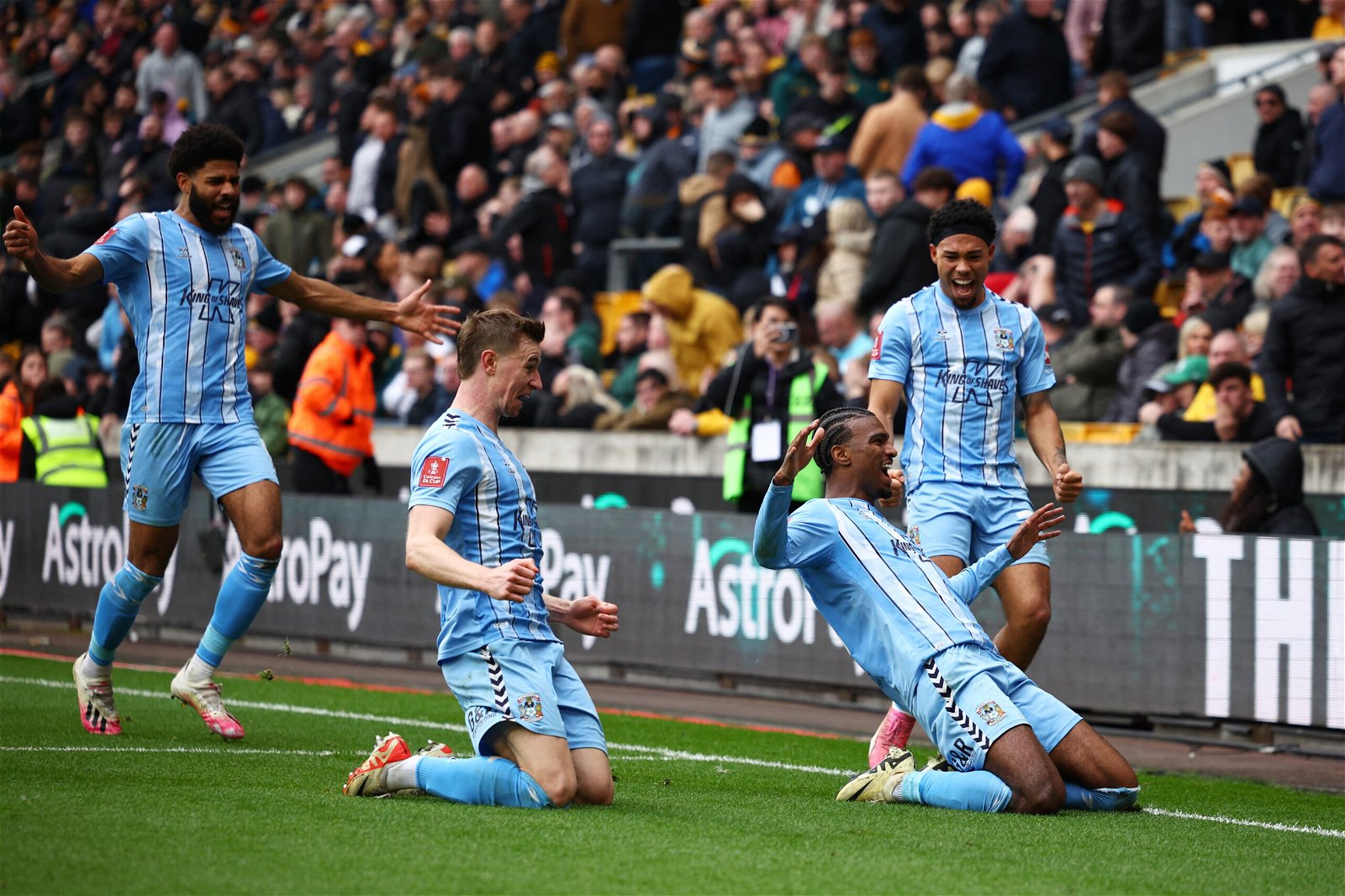When you ask a Sheffield Wednesday fan to list off a list of their legends, Albert Quixall probably doesn’t feature that often.
David Hirst, John Sheridan and Jack Charlton will be on that list. But Quixall probably won’t be.
This is simply down to recency bias. The majority of fans around today were not alive to see Quixall live and there simply isn’t the footage to look back on and realise how great he was like there is for the 80s and 90s. But he really is a legend and the archetype that the current crop of Wednesday youngsters should follow.
Most obituaries on his death yesterday aged 87 will document Quixall when he was at Manchester United and with good reason. He signed for the club in 1958 for a British record fee of £45,000. At the time, this was ridiculed for being way too much for a player. How little they knew of the future.
But Quixall wasn’t signed just to be a great player for Manchester United. He was signed to help them recover and be a force again. He was part of the crop of players Matt Busby signed following the Munich Air Disaster. While he’d only get an FA Cup while at Manchester United, he was still beloved by the fans there. He was also beloved by Sir Bobby Charlton who credited his passing for the reason he was able to break and score so many goals. Dennis Viollet broke many of the club’s scoring records at the time as well, something you can also credit Quixall with playing a big part in.
In a coincidence that may have affected why Quixall headed over to the Pennines, he captained the Owls in Manchester United’s first game after the disaster. In a rare interview with Retro United, Quixall commented on how it would have been impossible to win.
He said: “When the match came around nearly two weeks later there was no way Sheffield Wednesday could have won, the whole country was behind United, and I suspect so were the rest of my own side.
“Before the game I had a quick word with Bobby Charlton who had just returned from Munich and I led my team down the tunnel after the United side, never could the emotion of the evening have hit anybody harder.”

But he earned that move and exorbitant fee with his time at the Owls. His story is one that seems very typical of the era. While tipped for greatness after getting schoolboy caps for England, Quixall did not join Wednesday through a state of the art academy like you would today. Instead, he joined the ground staff while waiting for his opportunity. He’d also work as an apprentice joiner.
On the pitch, he was a creative outlet for Wednesday. Despite his small size, something that would mark you down in the 50s era where a two-footed challenge and an elbow in the face was seen as fair game, he was clever and nippy which allowed him to become one of the club’s best players. Bobby Charlton credited Quixall for many of his goals and Derek Dooley would have to thank him for the records he broke during his cruelly short time with Wednesday. The dark side to this though was that Dooley was chasing a Quixall ball when he suffered the injury that not only would end his career but see his leg being amputated.
Quixall helped Wednesday to get promoted twice during his eight years at Hillsborough and also got them to an FA Cup Semi-Final. Thanks to this and his boyish good looks, he got plenty of attention from the media who dubbed him as ‘The Golden Boy’. He made his debut for England as a 20-year-old and would go on to play under Sir Alf Ramsey and alongside Stanley Matthews.

Quixall’s move to Manchester United in 1958 would become a big media event, with the inside forward appearing on the Tonight programme after managing to escape a horde of chasing reporters. Not only was he the British record fee, but he was also Manchester United’s first signing after the Munich Air Disaster. We’ve already discussed that he was a great signing for United but he could also be seen as a symbol of the miraculous recovery they had following the disaster.
After his time at Manchester United was over, Quixall would play for Oldham Athletic and Stockport County before finishing his professional career. He’d also play for Altrincham and Radcliffe Borough in non-league football. Quixall would settle in the Greater Manchester area and set up a scrap metal business which he ran until his retirement.
There are a lot of young players at Sheffield Wednesday right now who could make the breakthrough with the right mixture of talent, hard work and perhaps a bit of luck. Quixall was a local lad who never took his success for granted and was able to succeed despite being undersized for his era. If the current crop of potential academy stars learn from the example of Quixall, they might be able to emulate his legendary status.









